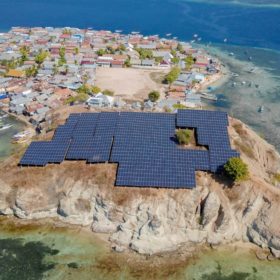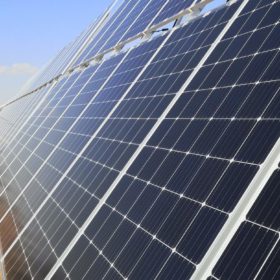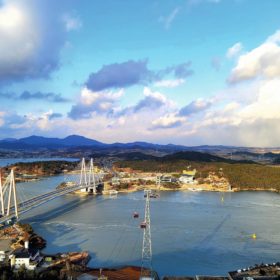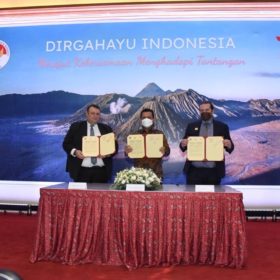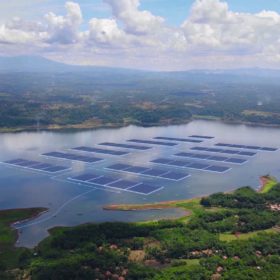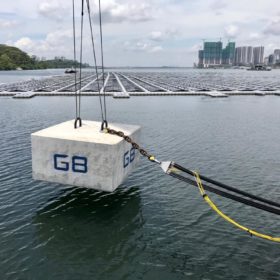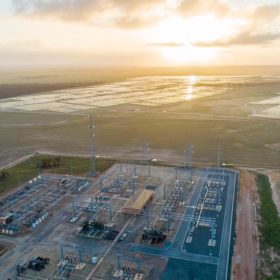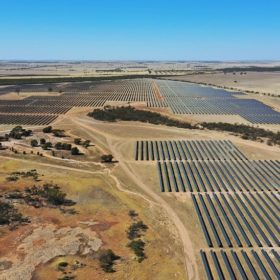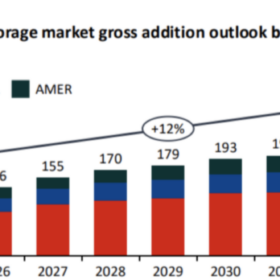Solar-plus-storage for Indonesian islands
Indonesian remote islands are increasingly resorting to solar-plus-storage to cover most of their electricity demand. According to new research from LUT University, combining PV with batteries may help islands to cover around 60% of demand with renewable energy.
Jolywood scraps solar plans in Indonesia
Jolywood has cancelled a plan to invest in solar cell and panel production in Indonesia, while Hangzhou First Applied Material has said that it will invest US$226 million (AU$324 million) in the expansion of its EVA film output capacity.
‘Clear winds of change’ in Southeast Asia
After a decade of under-delivering on its potential, there are changes afoot in Southeast Asia’s renewable energy development, says Assaad W. Razzouk, the CEO of Singapore-based developer Gurin Energy. Razzouk points to success stories in the region and notes that political will and clear regulations for developers are needed.
Indonesia’s Riau Islands set for more big solar and storage
Developers are moving fast to meet Singapore’s clean energy needs by establishing overseas solar-plus-storage plants, with a strong focus on facilities in neighbouring Indonesia.
Indonesia’s Riau Islands set for more big solar and storage
Developers are moving fast to meet Singapore’s clean energy needs by establishing overseas solar-plus-storage plants, with a strong focus on facilities in neighbouring Indonesia.
3.5 GW Indonesian solar plus storage facility proposes export to Singapore
A partnership between Quantum Power Asia and Berlin-based ib vogt is proposing a 3.5 GW solar and storage facility in Riau, Indonesia, an archipelago of islands south of Singapore. The AUD$6.7 billion potential project aims to export the generated solar to the Singaporean city-state by 2032, meeting 8% of its electricity needs.
Weekend read: Made in Indonesia
Indonesia has set itself some ambitious goals for PV manufacturing, backed by domestic content requirements and other incentives. But local demand is limited, and the nation faces stiff competition from China and other countries on the export market. While real obstacles remain, a restructuring of state-owned electricity company PLN and local raw material riches mean the potential is growing.
Singaporean FPV firm targets offshore expansion plans
Floating PV is a growing niche in the solar sector, but its offshore segment has proven more difficult to activate, largely because of the difficulty of open-water energy generation. Nevertheless, the potential of offshore floating PV is almost unlimited, and one Singaporean firm, G8 Subsea, is looking to leave the safety of harbours and reservoirs.
Funding round fuels SUN Energy’s Asia-Pacific plans
The owner of the 100 MW Merredin Solar Farm in Western Australia has confirmed it will look to accelerate its roll out of renewable energy projects in the Asia-Pacific region after raising more than $34 million in Series A financing.
WA’s largest solar farm changes hands as SUN Energy rises
Indonesian solar PV developer SUN Energy has announced itself in the Australian market, revealing it will purchase the largest solar farm in Western Australia as part of its bold ambition to become a major player in the APAC renewable energy market.
